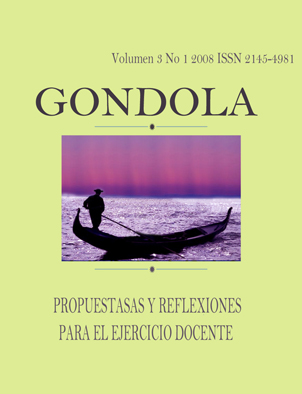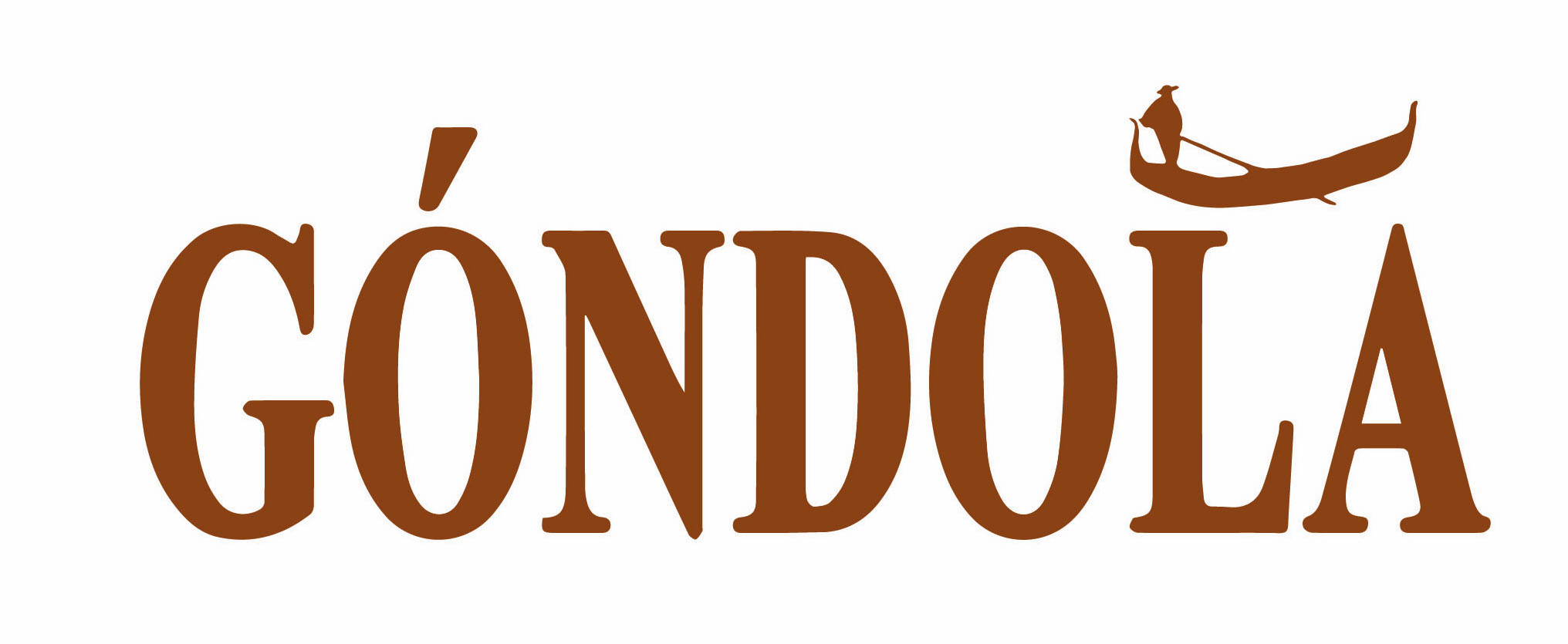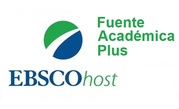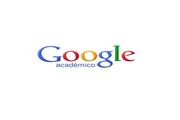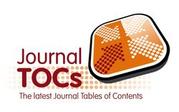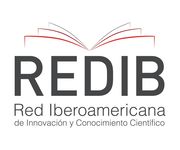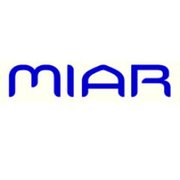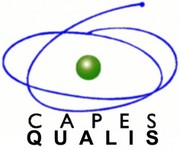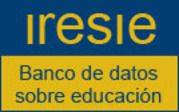DOI:
https://doi.org/10.14483/23464712.5269Published:
2008-01-01La literatura, una herramienta para la física
Literature, a tool for Physics
Keywords:
Literature, physics teaching. (en).Keywords:
Literatura, enseñanza de la física (es).Downloads
Abstract (es)
En este artículo mostramos una manera de utilizar la literatura como recurso didáctico en la enseñanza de la física, en particular en la enseñanza de algunos temas de cinemática. Se diseña una estrategia en la que por medio de la literatura se logra que los estudiantes de media vocacional se interesen en temas científicos y a la vez se sientan identificados con los personajes de la historia, debido a que ellos también fueron seres humanos íntegros. Nos basamos en autores como Julio Verne, Iván Obregón y otros, han producido material literario posible de ser implementado en la enseñanza de las ciencias.
Abstract (en)
In this paper we show a way of using literature as a didactic resource in the physics teaching, particularly in teaching of some topics of kinematics. A strategy is designed in which, through science fiction literature, it is possible high school students take interest in scientific subjects and at the same time to feel identified with characters of the story, because they were also integral humans. We based on authors like Julio Verne, Iván Obregón and others, have produced possible literary material to be implemented in science teaching.
References
Obregón, Iván. Al cálculo con la pandilla. Ed. Planeta
Verne Julio. 20000 leguas de viaje submarino
Biblioteca de Consulta Microsoft ® Encarta ® 2004. © 1993-2003 Microsoft
Corporation.
Acuña, yesid. Luis, Cruz. Fisica para lectores
How to Cite
APA
ACM
ACS
ABNT
Chicago
Harvard
IEEE
MLA
Turabian
Vancouver
Download Citation
License
Gondola, Ens Aprend Cienc. is an open-access publication, free of charge for authors and readers. The publication, consultation or download of the contents of the magazine does not generate any cost for the authors or the readers, since the Francisco José de Caldas District University assumes the expenses related to edition, management and publication. The peer evaluators do not receive any economic retribution for their valuable contribution. The work of all the actors mentioned above is understood as a contribution to the strengthening and growth of the research community in the field of Science Education.
As of December 1, 2018 the contents of the journal are published under the terms of the Creative Commons License Attribution-Noncommercial- ShareAlike 4.0 International (CC-BY-NC-SA 4.0), under which others may distribute, remix, retouch, and create from the work in a non-commercial way, give credit and license their new creations under the same conditions.
The copyright holders are the authors and the journal Gondola, Ens Aprend Cienc. The holders retain all rights without restrictions, respecting the terms of the license in terms of consultation, downloading and distribution of the material.
When the work or any of its elements is in the public domain according to the applicable law in force, this situation will not be affected by the license.
Likewise, we encourage authors to deposit their contributions in other institutional and thematic repositories, with the certainty that culture and knowledge is a good of all and for all.

